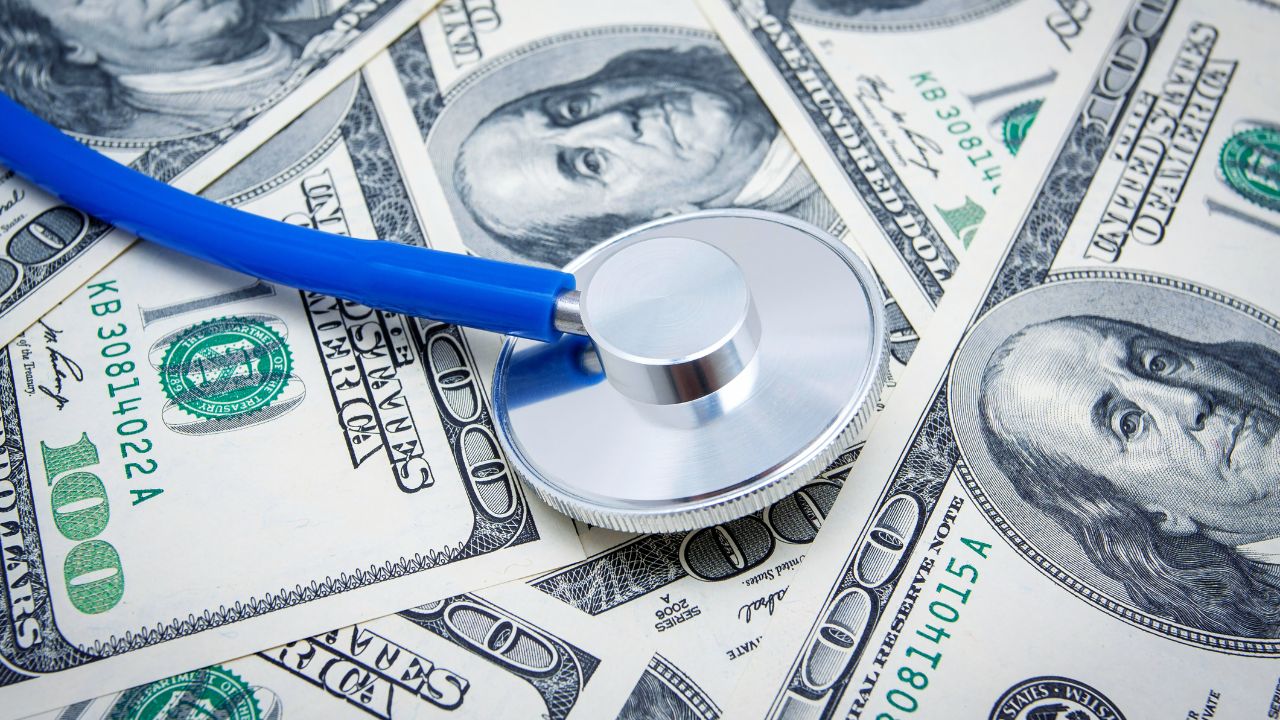An Axios report Tuesday found Americans are struggling with health care “shrinkflation,” experiencing longer wait times and shorter doctor visits despite paying more for health coverage.
“The U.S. spends more on health care than almost anywhere else. But increasingly patients are getting less in return, and enduring long waits to get not as much face-time with their clinician,” the report read.
It continued, “Shrinkflation is hitting a sector that accounts for almost one-fifth of the economy, eroding the doctor-patient relationship and leaving many turning to urgent care clinics or telehealth services.”
PRESIDENT BIDEN SLAMS ‘SHRINKFLATION’ IN SUPER BOWL SUNDAY VIDEO
The report cited an Axios/Ipsos survey taken in August which found nearly one out of five people reported waiting more than two months to see a physician. An additional survey from electronic health records company Tebra found 43% of patients have been experiencing longer wait times since the pandemic.
Hospitals such as NYC Health and Hospitals have also been instructing primary care doctors to shorten appointment times to 20 minutes to accommodate more patients. At NYC Health and Hospitals, the average wait for the “third next available” primary care appointment nearly doubled from 12 days to 22 days.
CLICK HERE FOR MORE COVERAGE OF MEDIA AND CULTURE
Robert Pearl, a Stanford University professor and former CEO of The Permanente Medical Group, told Axios these findings come from higher patient demand since the pandemic, red tape surrounding health insurance, rising costs and doctors opting to leave the field.
“You’re paying actually more for your health coverage, but you’re not getting more. You’re actually getting less,” Pearl said.
GET FOX BUSINESS ON THE GO BY CLICKING HERE
The report concluded the issue would likely get worse over time, with Pearl describing it as “a vicious cycle, where each year the demand grows and the care becomes skimpier. As a result of that, the demand grows even faster.”
